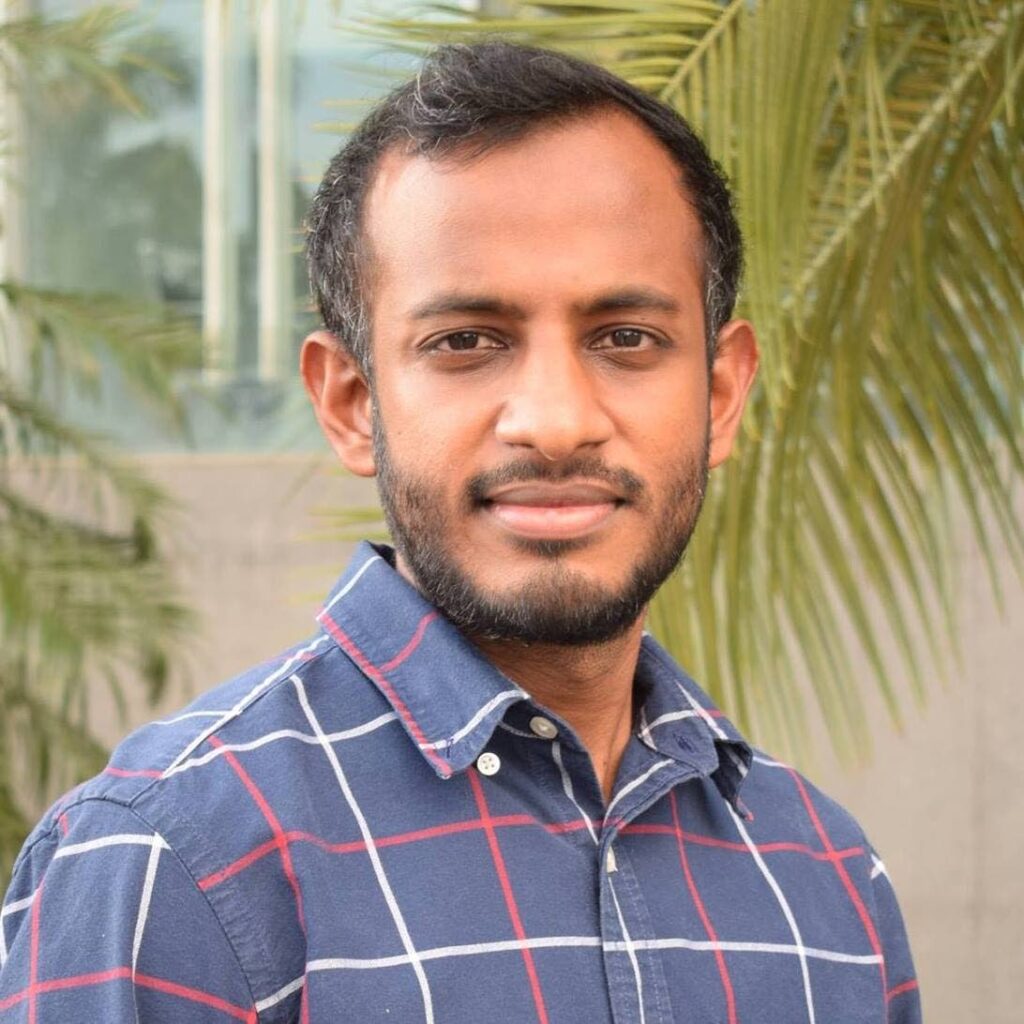On being a foreign doctor in Canada

TAUREEF MOHAMMED
WHEN I started specialty training in Canada four years ago, I did not think that nearing the end, racism would be on my mind – I was naive.
Prior to 2019, I had visited Canada many times for long holidays. I had family who had lived here for decades. Canada was welcoming to immigrants; Canada was a country of immigrants and indigenous peoples. In my personal statement for my university application, I wrote, “Canada had always felt like a second home to me.”
But working as a foreign-trained doctor in Ontario, I would learn, was different from visiting uncles, aunts, cousins, and Niagara Falls.
Over the last four years, I have spent time in eight different hospitals in Ontario. As a doctor, I have mostly enjoyed it. As a foreigner, I had some challenges.
“Why don’t you go back to where you came from?” the old, grumpy man said. I suppose it was either my complexion, my Trinidadian sing-song accent, or my name that gave me away. Maybe it was all of the above.
I had gone to discharge the man who was now back to his “baseline.” I was meeting him for the first time; I did not know him. All I knew was that whatever had brought him into hospital was now supposedly treated.
“My sister got sick in Africa, and we had to fly her back here. You people don’t have anything there,” he continued.
Was this man delirious?
His bedside nurse – who had the same complexion like me, but an Indian accent – told me he was not delirious. She told me so with certainty, as though she had already tested the hypothesis herself. She had received her share; she had also questioned her own conclusion; we had the same thought process.
I left the patient’s room. I cannot remember what I told him before I left. I was not disrespectful. I would like to think that I told him that I was from Trinidad, not Africa. The consultant discharged him. She told me he was not delirious, that he was at his baseline, and that he was a racist.
I had seen racism before – from a distance, in movies, books, and the news – but this was my first face-to-face encounter with a racist and it unsettled me. That feeling that you get when someone talks to you as though you are nothing was one that I had never felt before. I became sensitised.
In another hospital in Ontario, I decided to join a teaching session. In talking about hospital matters, a consultant physician, who had trained in Canada, said, “We need to remember that international nurses may not always be up to par.” The comment rubbed me the wrong way: I was an internationally-trained doctor.
What did he know about nursing training abroad? Are there only two types of nurses in the world, those trained in Canada and those trained elsewhere? As an internationally-trained doctor I knew working in a different system – different metrics, different drug names, different protocols – could be challenging. Maybe this is what he had meant? But it takes only a few weeks to learn the ropes. What about an internationally-trained nurse who had worked in Canada for years? And what about nurses who had trained in Canada, were they all up to par?
What did he mean? What was he implying? Alas, I was not brave enough to ask him. I was left doubting myself, doubting my feelings – I was a foreigner.
I asked some of my friends in Canada if they had similar experiences – I needed validation. “You know, I always said I’ve never experienced racism. Is that just me being oblivious? Perhaps.”
When I asked another friend if she had experienced racism as a doctor, she said, “Yes, but not overt.” Another friend described having to confront a consultant physician for making stereotypical remarks about a Muslim patient. Another friend described an encounter with a patient that was similar to mine. “I kind of brushed it off,” she said.
Our stories connected; my feelings were validated. I was not being judgmental. I was not being oversensitive. I was not the problem – the problem was ignorance and racism.
Perhaps, working in a hospital where hierarchy is the order of the day and abusive patients aren’t unexpected make the problem of racism more palpable. Talking about it, I figured, might make it less so.
Taureef Mohammed is a graduate of UWI and a geriatric medicine fellow at Western University, Canada

Comments
"On being a foreign doctor in Canada"